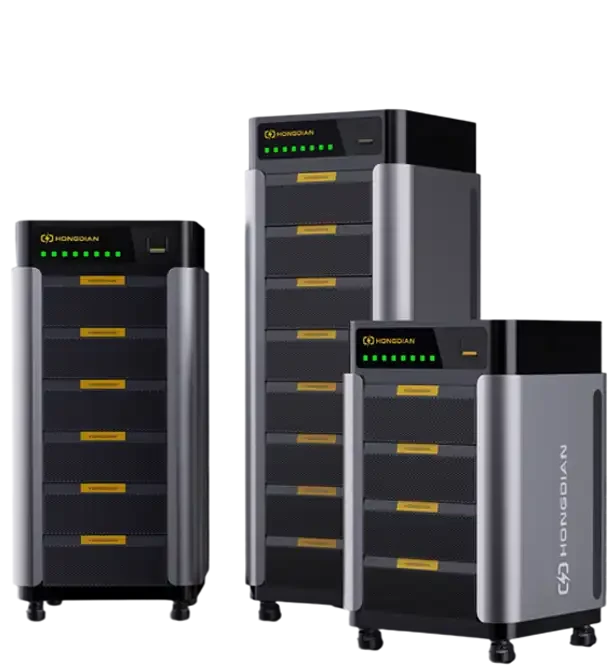Introduction: Autonomous vacuum cleaners, commonly known as robotic vacuum cleaners, have gained immense popularity in recent years. These smart devices offer convenience and efficiency in maintaining cleanliness in homes and offices. One of the key components of these devices is the battery pack, which powers the operation of the vacuum cleaner. To ensure optimal performance, longevity, and safety, it is crucial to conduct cycle charge-discharge tests on the battery packs. This article will discuss the necessity of these tests from various perspectives.
Enhanced Battery Stability: Cycle charge-discharge tests play a vital role in improving the stability of autonomous vacuum cleaner battery packs. During the testing process, the battery pack undergoes repeated cycles of charging and discharging, simulating real-world usage conditions. This process helps identify any potential issues with the battery cells, such as voltage fluctuations, impedance variations, and temperature changes.
By subjecting the battery pack to these tests, manufacturers can identify and rectify any weaknesses or anomalies in the cells, ensuring that the battery pack performs consistently and reliably. The stability of the battery pack is crucial for the overall performance of the vacuum cleaner, as it directly affects the runtime, power output, and the lifespan of the device.
Increased Lifespan: The lifespan of a battery pack is a critical factor for consumers when purchasing an autonomous vacuum cleaner. A battery pack that undergoes thorough cycle charge-discharge testing is more likely to have a longer lifespan compared to those that do not. These tests help optimize the battery’s charge and discharge rates, ensuring that the battery pack can withstand numerous cycles without significant capacity degradation.
Through these tests, manufacturers can determine the battery’s capacity, cycle life, and rate of self-discharge, allowing them to make necessary adjustments to extend the battery’s lifespan. As a result, consumers can enjoy a reliable and durable autonomous vacuum cleaner, reducing the frequency of battery replacements and associated costs.
Improved Product Traceability and Reduced After-Sales Costs: Conducting cycle charge-discharge tests on autonomous vacuum cleaner battery packs provides valuable data that can be used for product traceability and quality control purposes. By analyzing the test results, manufacturers can identify any batch-related issues or defects, enabling them to take corrective actions promptly.
Moreover, the data obtained from these tests can be used to improve the design and manufacturing processes of future battery packs, leading to enhanced product quality. In the event of a product recall or warranty claim, the availability of comprehensive test data can significantly reduce the time and costs associated with identifying and resolving the issue.
Battery Safety: Ensuring the safety of battery packs is of utmost importance, especially considering the potential hazards associated with lithium-ion batteries, which are commonly used in autonomous vacuum cleaners. Cycle charge-discharge tests are essential for evaluating the safety aspects of battery packs, including thermal stability, mechanical integrity, and the risk of explosion or fire.
These tests help identify any potential safety risks, such as internal short circuits, thermal runaway, or cell degradation, which could lead to dangerous situations. By detecting and addressing these issues early on, manufacturers can prevent accidents and ensure the safety of consumers and their property.
Conclusion: In conclusion, conducting cycle charge-discharge tests on autonomous vacuum cleaner battery packs is of paramount importance. These tests enhance battery stability, increase lifespan, improve product traceability, reduce after-sales costs, and ensure the safety of the battery packs. By investing in rigorous testing procedures, manufacturers can deliver high-quality, reliable, and safe autonomous vacuum cleaners to consumers, thereby building trust and loyalty in the market.
1. Scope of Application. Applicable for testing electric passenger vehicle power battery packs and energy storage battery modules. 2. Product Features 32-bit dual-core MCU processo 16-bit ADC with up
1. Scope of Application. Applicable for testing electric passenger vehicle power battery packs and energy storage battery modules. 2. Product Features 32-bit dual-core MCU processo 16-bit ADC with up
1. Scope of Application. Applicable for testing electric passenger vehicle power battery packs and energy storage battery modules. 2. Product Features 32-bit dual-core MCU processo 16-bit ADC with up
1. Scope of Application. Applicable for testing electric passenger vehicle power battery packs and energy storage battery modules. 2. Product Features 32-bit dual-core MCU processo 16-bit ADC with up